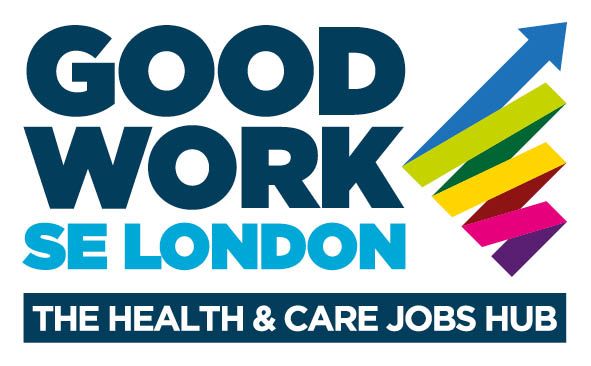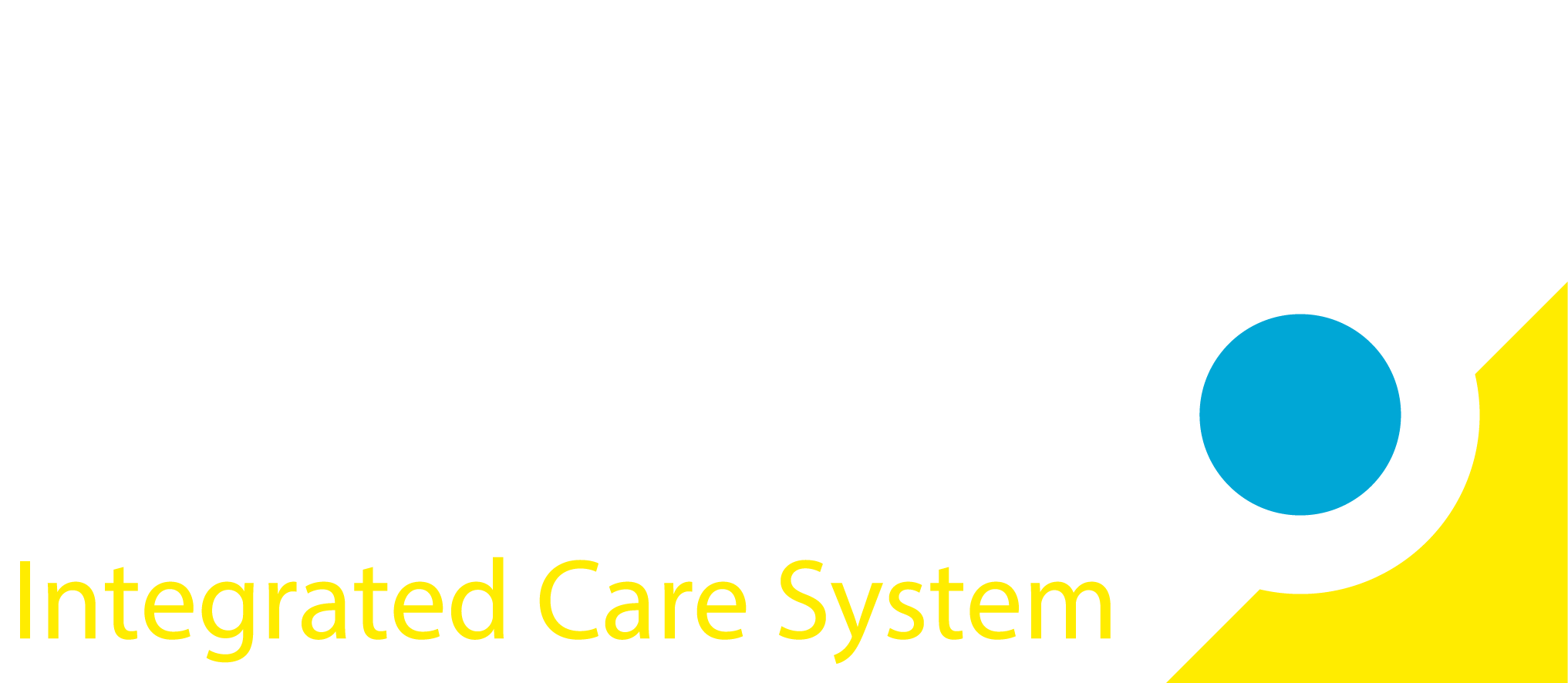Writing a Good Application
If you’ve decided to apply for a job in health or social care in south east London, let's look at how to write an application.
What's covered?
How to write a great supporting statement
Find out how to showcase your interest in the role, and your skills and experience.
Writing a greatCV
Get top tips for writing a strong CV to impress employers when you apply for these roles.
Using the STAR method for your job application
Use the STAR method to help answer questions and share your experience clearly and effectively.
Showing your values in a supporting statement
Write your awesome label here.
Advice
Writing a great CV
About you
After listing your personal details, include a paragraph about yourself.
In three to five sentences, you should explain:
- who you are / what your experience is
- the skills, attitude and values you have
- what you are looking for in your next role.
Personal achievements
Include three bullet-pointed career and personal achievements that are the most relevant to the role you are applying for.
For each, use a verb (e.g. maximised, revitalised, created, coordinated) followed by a few wordsdescribing what you did.
You can use the Features, Action, Benefit (FAB) model, where you state what you achieved and the impact it had.
For example, 'Successfully (F) organised all travel arrangements for overseas conference(A), ensuring budgets were kept to and directors minimised time wasted (B).'
You can use the Features, Action, Benefit (FAB) model, where you state what you achieved and the impact it had.
For example, 'Successfully (F) organised all travel arrangements for overseas conference
Employment experience
Work through your employment history, starting with your most recent roles.
Give a one-line description of the role, followed by your key achievements within it. Again, you can use the Features, Action, Benefit (FAB) model.As a general rule, the further back you go into your career, the less you should write.
Education and interests
List your education, qualifications and development, starting with the most recent.
Then finish with two or three lines about your interests, which you could bring to life with a short anecdote.
At the very end, list references and state that they can be contacted with prior agreement.
Then finish with two or three lines about your interests, which you could bring to life with a short anecdote.
At the very end, list references and state that they can be contacted with prior agreement.
Write your awesome label here.
Using the STAR method
The STAR method is recommended for preparing answers for interview questions but it can also be used for when writing a supporting statement.
This method can help you structure your answers or provide examples of how you have demonstrated skills or competencies listed in the job description and person specification.
S: Situation
What situation were you in, or what issues were you dealing with?
T: Task
What was the task that you needed to do?
A: Action
What actions did you take to complete the task?
R: Results
What were the results of your actions? What skills did you demonstrate and what did you learn?
For example when trying to evidence your ability to manage or prioritise work load here are some ways you can use the STAR method.
-
"As an admin assistant at a GP practice, I faced a challenging day when our regular receptionist was unexpectedly absent and there was a surge in patient calls."
-
"I needed to manage reception duties alongside my regular administrative tasks, ensuring effective handling of all patient calls."
-
"I reorganised my workspace for efficiency, prioritised urgent calls, multi-tasked between call management and appointment scheduling and maintained clear, polite communication with patients."
-
“I successfully managed all incoming calls, scheduled appointments without errors and was thanked by the patients for dealing with their call.”
Useful resources
Check out the following for more advice on creating a strong written application for health and social care roles.

